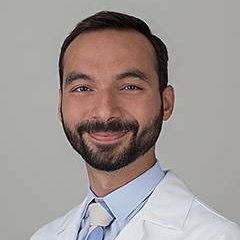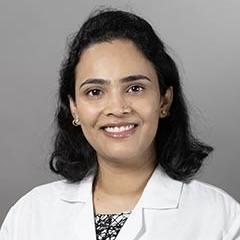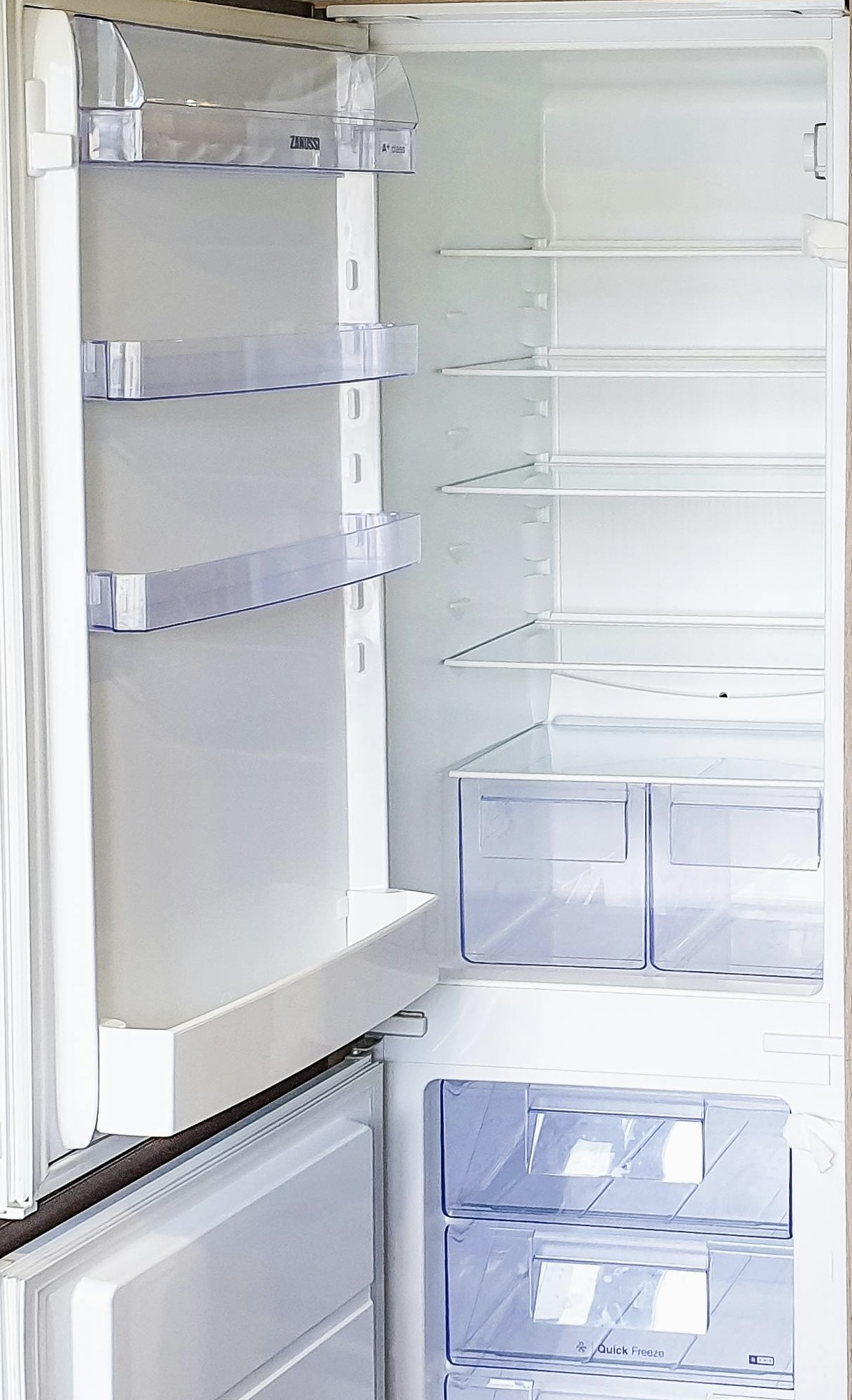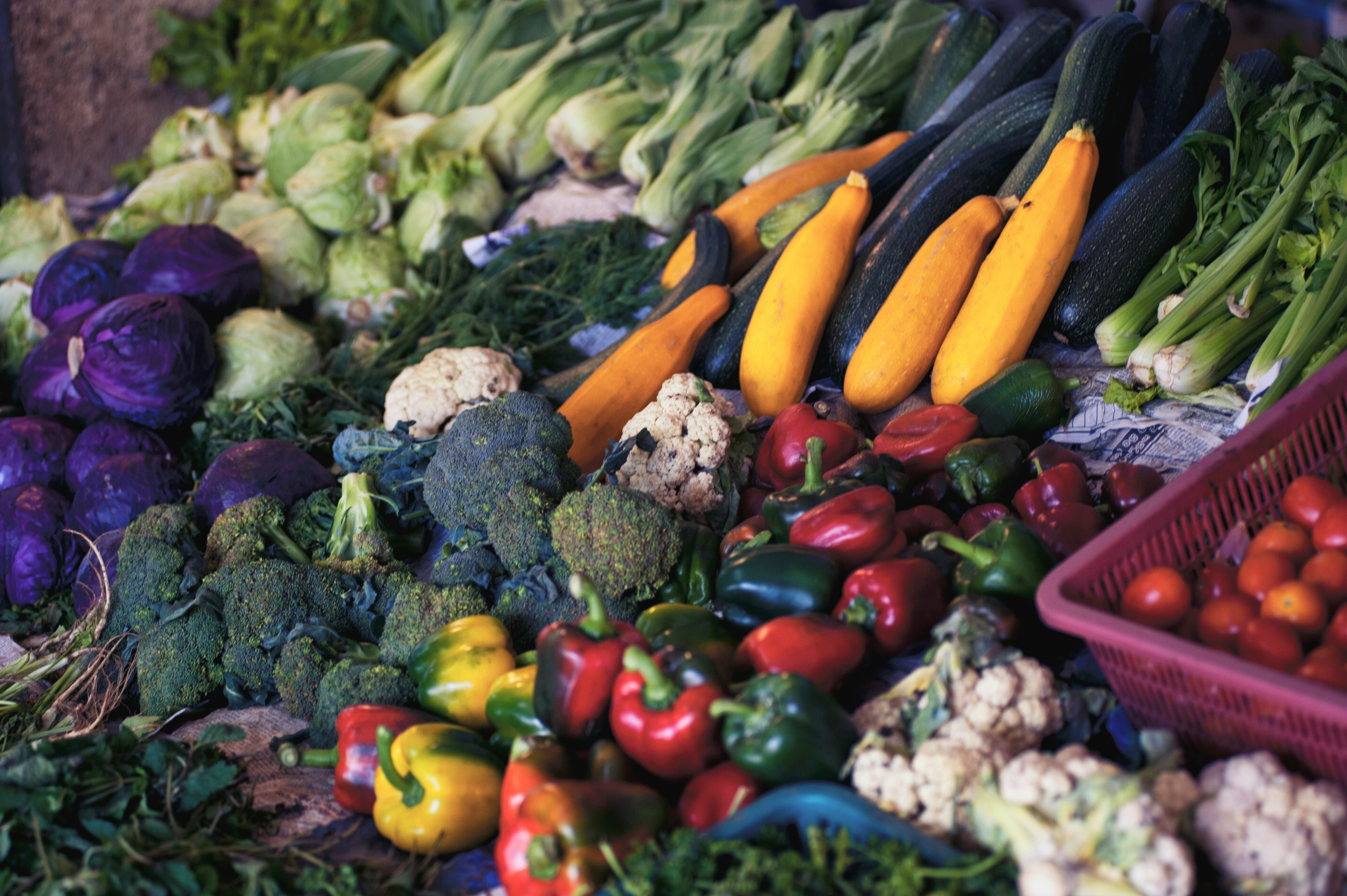Let food be thy medicine…


Tushar Chopra, MD, Associate Professor of Medicine, Division of Nephrology, University of Virginia School of Medicine
Varsha Pothula, MD, Assistant Professor of Medicine, Division of Nephrology, University of Virginia School of Medicine
“Let food be thy medicine and medicine be thy food”- a quote by Hippocrates.
Food insecurity, as reported by the United States Department of Agriculture (USDA), refers to a household-level economic and social condition of limited or uncertain access to adequate food. According to 2024 USDA data, 13.5% of United States households are food insecure, higher than the 12.8% reported in 2022. This increase is likely driven by inflation and a decrease in Supplemental Nutrition Assistance Program (SNAP) benefits. Food insecure households tend to consume fewer servings of fresh foods, including fruits, vegetables, and dairy products and instead rely more on affordable, energy-dense, and nutrient-poor foods containing refined flour, added sugar, and trans/saturated fats.
 When Food is Scarce
When Food is Scarce
Studies have shown an association between food insecurity and a higher risk of all-cause and cardiovascular mortality. This is likely due to less diverse diets, lower intake of fresh foods with nutrients, and reliance on processed food. Food-insecure patients with chronic diseases like diabetes, hypertension, and coronary artery disease have poor long-term management of these conditions compared to food-secure patients. Studies have also demonstrated that food insecurity is a prevalent issue in the dialysis population, with rates ranging from 5-17%. This is often due to low income, medical bills, and limited transportation access.
The Emergence of Food Pharmacies
A "food pharmacy" is a term used to describe a program designed to increase access to healthy foods for food-insecure populations. Food pharmacies emerged across the nation in 2015 as pilot programs focused on diabetes management and prevention. These models are breaking through food insecurity barriers, stimulating a paradigm shift for patients and health organizations in the dialysis community by providing easy onsite access to nutritious renal-friendly foods at the very location where they receive their life-sustaining dialysis care. The growing attention to making healthy fresh foods accessible to patients gives them the resources needed to live healthfully with chronic kidney disease. It is successfully motivating patients to make essential life-long nutritional and lifestyle changes.
Innovative Solutions at UVA Health
In March 2020, the University of Virginia dialysis program launched an on-site food pharmacy program in partnership with the Blue Ridge Area Food Bank under Lesley McPhatter, MS, RDN, CSR, Assistant Clinical Nutrition Manager. The program aims to enhance access to kidney-friendly, nutritious food for our dialysis patients.
 The UVA dialysis program has 13 dialysis units, and the food pharmacy program is currently operational in six of these units. The plan is to expand the program to two additional units, making it eight by the end of this fall. Currently, the program serves approximately 300 patients across the six dialysis units. Per the program, patients receive food bags once and sometimes twice a month. Food bags typically contain fresh fruits and vegetables and some shelf-stable foods. They also include kidney-friendly, simple, low-cost recipes using the provided food. An internal patient survey revealed that around 67-80% of the patients reported less worry about food, as they can pick up food bags at the center with the food pharmacy program.
The UVA dialysis program has 13 dialysis units, and the food pharmacy program is currently operational in six of these units. The plan is to expand the program to two additional units, making it eight by the end of this fall. Currently, the program serves approximately 300 patients across the six dialysis units. Per the program, patients receive food bags once and sometimes twice a month. Food bags typically contain fresh fruits and vegetables and some shelf-stable foods. They also include kidney-friendly, simple, low-cost recipes using the provided food. An internal patient survey revealed that around 67-80% of the patients reported less worry about food, as they can pick up food bags at the center with the food pharmacy program.
Our ongoing dedication to patient welfare drives efforts to preserve and progress the UVA Dialysis food pharmacy program, highlighting our commitment to offering comprehensive care that addresses not only medical needs but also nutritional well-being. Proper food’s healing properties cannot be overlooked or dismissed. Honest nourishment from adequate sources is integral for our health, supporting the operation of all our bodily systems. Without it, our natural development is hindered.
====
Footnote: Our program seeks continued funding to maintain its valuable services. About five months ago, we started a Dialysis Food Pharmacy fundraising page to raise funds for continuation. The long-term goal is to expand this service to all our dialysis units, as food insecurity continues to be a significant challenge for many of our patients.
- Having a Drink With Your Donkey: The Absurd in Antiquity
- What Happens to UVA’s Recycling? A Behind the Scenes Look at Recycling, Composting, and Reuse on Grounds
- Finding Your Center: Using Values Clarification to Navigate Stress
- UVA Club of Atlanta: Virtual Pilates Class
- UVA Club of Fairfield/Westchester: Cavs Care - Food Pantry Donation Drive
- UVA Club of the Palm Beaches: Hoo-liday Cruise